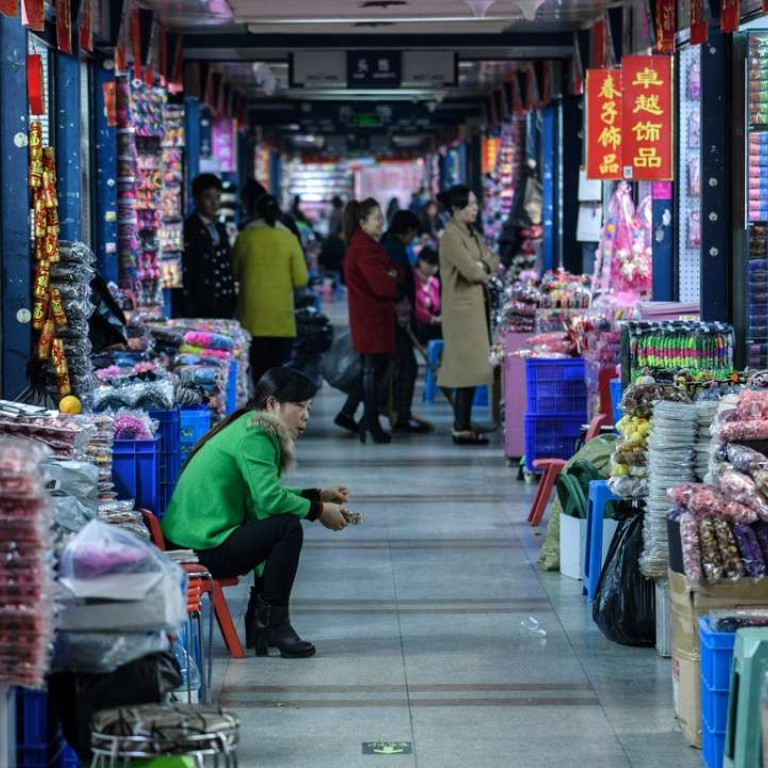
With rising costs at home and hostile peers abroad, China’s trade troubles set to stay
Gloomy prognosis from commerce ministry follows threat of ‘border tax’ from US president-elect Donald Trump
Rising protectionism and sluggish external demand will weigh on China’s trade this year, the Ministry of Commerce warned on Thursday, hours after US president-elect Donald Trump raised the prospect of a “border tax” under his administration.
While China’s trade ministry didn’t respond directly to Trump’s comments, Sun Jiwen, a spokesman for the Ministry of Commerce, painted a dark picture for the country’s US$2 trillion export machine on Wednesday, citing rising costs at home and hostilities abroad.
“In 2017, the trade situation remains complicated and severe. External demand is weak, trade protectionism is exacerbating, the unstable and uncertain factors are increasing, and downward pressure on trade is piling up,” Sun said.
He also said China had been fulfilling its duties as a World Trade Organisation member in the last 15 years, disputing allegations in a report by the US Trade Representative to Congress.
“It’s normal for China and the US to have trade disputes,” Sun said, but added that any differences should be solved through dialogue.
Sun added that his ministry would use all possible methods to help “stabilise” the country’s trade situation.
China will release trade data for December on Friday. Economists forecast that exports fell 4 per cent last month from the same period in the previous year, down from a rise of 0.1 per cent during November.
Imports are expected to have risen 3 per cent last month, softening from an increase of 6.7 per cent in November.
The belligerence from Trump on China’s economic policies, including labelling China a currency manipulator and talking of imposing a punitive 45 per cent tariff on its products, are adding fresh uncertainties to the country’s trade outlook.
In his first press conference since last July, Trump said he planned to launch a “border tax” on companies that move production outside of the United States, a scheme that would favour exports over imports.
The border tax under discussion is a plan hatched by Trump’s transition team and by Republican lawmakers.
It would effectively subsidise US exports but levy a tax on imports into the country.
Ding Shuang, head of China economic research at Standard Chartered, said that Trump’s border tax, if put in place, would mainly affect Mexico, putting pressure on US manufacturers to scrap plans to move production overseas.
Such a tax would not have a huge impact on China, according to Ding.
Jin Baisong, a former researcher with the Ministry of Commerce, was critical of the idea of a US border tax, saying that any protectionist proposals of that nature would violate the rules of the World Trade Organisation.
“[Trump] should not blame other countries for the economic problems of the US,” Jin said.
Even without possible problems with Trump, China has been losing its low-cost advantage as the world’s factory.
“With the rising costs in labour, land and other resources ... China’s traditional advantages in low-cost manufacturing are disappearing,” Sun said.

